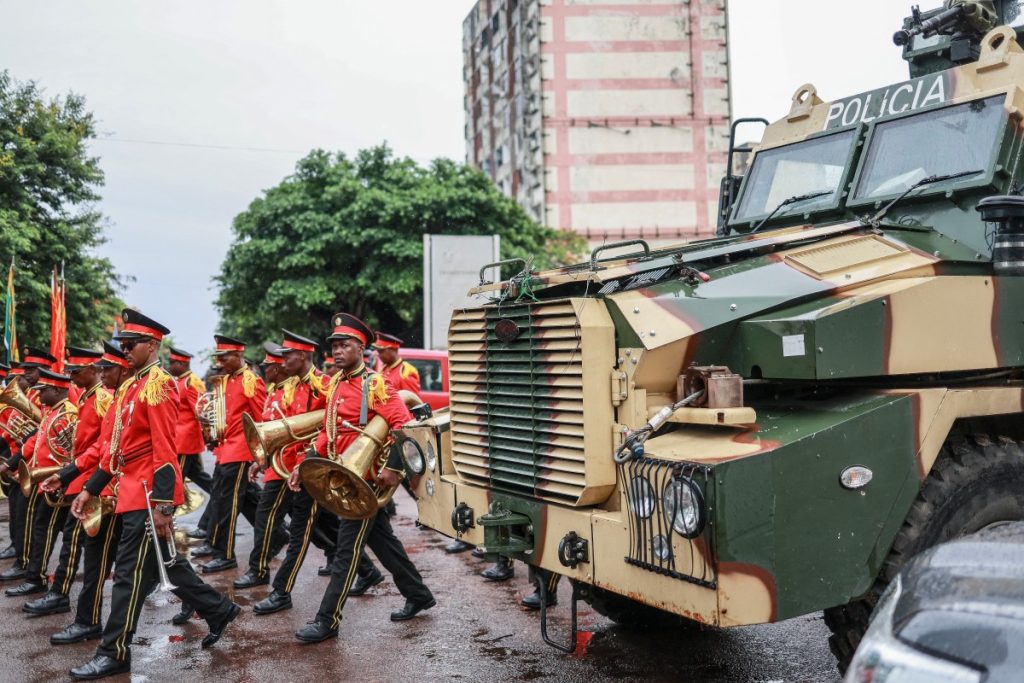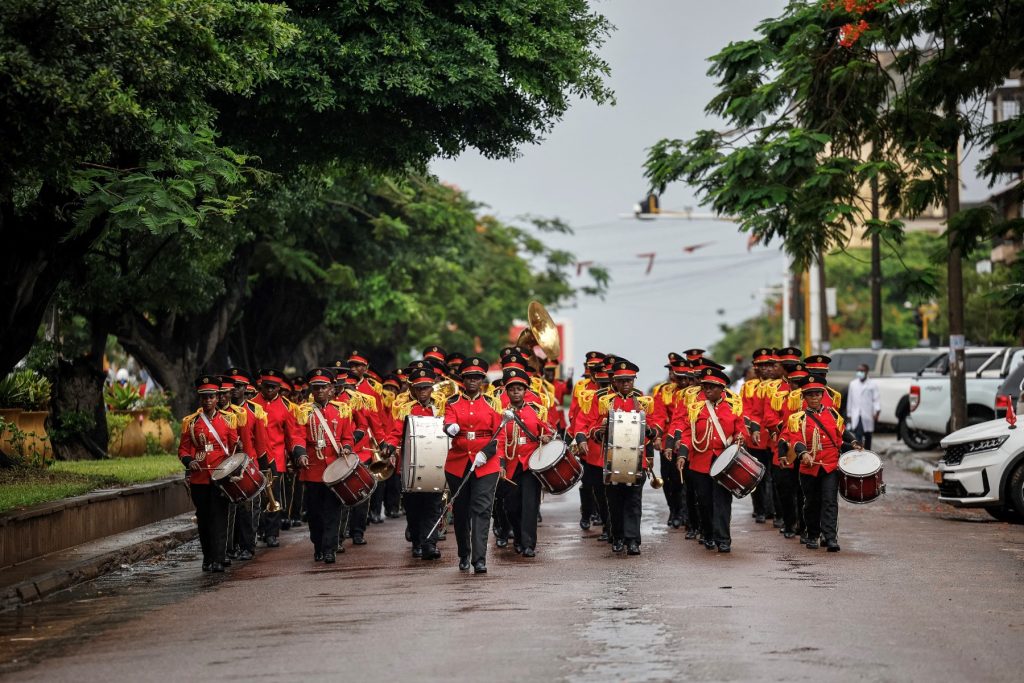Mozambique inaugurated its new parliament on Monday under tense conditions, with the capital’s streets eerily empty after opposition leader Venancio Mondlane called for a strike to protest the controversial election results.
Two smaller opposition parties boycotted the ceremony, rejecting the outcome of the October polls. Meanwhile, incoming president Daniel Chapo appealed for unity and calm after months of deadly unrest that has shaken the nation.
Mondlane, who has a strong following among marginalised youth, alleged that the elections were rigged in favour of the ruling Frelimo party, which has held power for five decades. Over the weekend, he urged his supporters to demonstrate their rejection of the official results by staging a nationwide strike from Monday to Wednesday, coinciding with Chapo’s swearing-in as president.

Opposition leader Venancio Mondlane has called on his supporters to hold peaceful protests from January 13, 2025, to January 15, 2025, when Daniel Chapo is due to be installed as president.
Mondlane claims he won the presidential vote and that the results were rigged in favour of Chapo’s Frelimo party, which has been in power for 50 years. (Photo by PHILL MAGAKOE / AFP)
On Monday, military police secured the parliament building, and police blocked key roads leading to the area. The typically bustling city centre was largely abandoned, with most shops shuttered and protesters erecting barricades in certain neighbourhoods, according to an AFP journalist.
Inside the parliament, representatives of Frelimo, which won 171 seats, and the Podemos party, which secured 43 seats, took their oaths in the 250-seat assembly. However, Renamo’s 28 MPs and the eight from the MDM party abstained in protest.
Renamo described the parliamentary session as a “social outrage” and a blatant disregard for the people’s will, citing the absence of “free, fair, and transparent” elections. Similarly, the MDM framed its boycott as a stand for “electoral truth.”
Official results declared Chapo the winner with 65% of the presidential vote, compared to Mondlane’s 24%. However, Mondlane contests these figures, asserting that he secured 53% of the vote and accusing electoral authorities of manipulating the outcome.
Having recently returned to Mozambique after fleeing abroad following the assassination of his lawyer on October 19, Mondlane was met by thousands of jubilant supporters in the city centre. The gathering led to violent clashes with security forces, leaving at least three dead, according to election monitors.
Since the contentious October 9 election, ongoing unrest has claimed approximately 300 lives, according to local human rights groups. Authorities and security forces have faced accusations of excessive violence, including the use of live ammunition against demonstrators. Police casualties have also been reported.

Opposition leader Venancio Mondlane has called on his supporters to hold peaceful protests from January 13, 2025, to January 15, 2025, when Daniel Chapo is due to be installed as president.
Mondlane claims he won the presidential vote and that the results were rigged in favour of Chapo’s Frelimo party, which has been in power for 50 years. (Photo by PHILL MAGAKOE / AFP)
The turmoil has taken a heavy toll on Mozambique’s economy, disrupting cross-border trade, shipping, mining, and industrial activities.
Mondlane characterised the swearing-in of parliament as “a betrayal of the people’s will,” in a Saturday Facebook post. He urged citizens to protest against “those who betrayed the people” on Monday and “those who stole their will” on Wednesday.
Speaking ahead of the parliamentary session, Chapo emphasised the need for stability and national unity. “With a new parliament, we can move forward together to develop our country,” he said, advocating for “open and honest debate.”
Former President Joaquim Chissano also weighed in, urging the new parliament to focus on addressing the country’s pressing issues. “The debates must aim to find solutions,” he told reporters.
Despite repeated calls for dialogue, Mondlane has been excluded from discussions that Chapo and outgoing President Filipe Nyusi have held with other political leaders. Nevertheless, Mondlane reiterated his readiness to negotiate upon his return to Maputo. “I’m here to say, in person, that if you want to negotiate, I’m available,” he stated.


